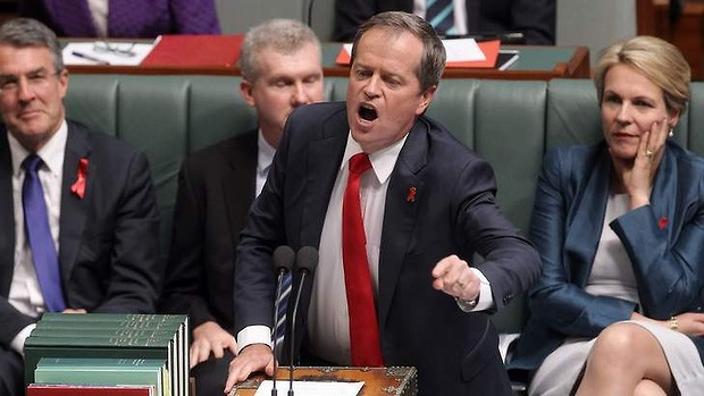Shorten attacks government’s retro super changes
Federal Opposition Leader Bill Shorten used his budget reply speech to label the government’s superannuation changes as “retrospective” and reaffirm labor’s election policy on the $2 trillion industry.
The government announced a $500,000 lifetime cap will be applied to after-tax concessions on superannuation as part of the wider agenda to slow retirement savings being purely wealth accumulation for higher income Australians. The measure will include contributions backdated to 2007.
Shorten called out this retrospective view, yet also used his budget reply to accuse the government of pinching Labors superannuation ideas.
“Labor will gladly support our own clear and costed policy to close the unsustainably generous superannuation loopholes at the very top end. We welcome the fact that, three years after they voted to abolish Labor’s low-income superannuation contribution the Liberals have decided to keep it and simply rename it,” Shorten said.
He added the government was dangerously undermining super by claiming 4% of Australians in the super system will be affected by a budget change. He also took a shot at the government’s proposal to remove regulations that restrict people between 65 and 75 from making contributions to their superannuation.
“Labor will never apologise for standing up for Australians who go to work every day and want to come home safe, who rely on penalty rates to make ends meet, who do not want to be forced to work until they are 70,” Shorten said.
Shorten further announced a range of measures that would see $71 billion of “additional budget improvements over the decade.”
Labor still proposes a 25% tax cut for small businesses with a turnover of less than $2 million a year and delivering 50% renewable energy by 2030. It also backs its plans to “turbocharge” Infrastructure Australia with a new $10 billion funding facility, ” a concrete bank to get investment from the private sector, particularly big super funds, flowing into projects.” Labor says their infrastructure projects would add 26,000 jobs.
Labor is not supportive of budget measures that give the richest 3% of Australians another tax cut and reducing the marginal tax rate for individuals who earn more than $180,000 a year.
[via FINANCIAL STANDARD]




